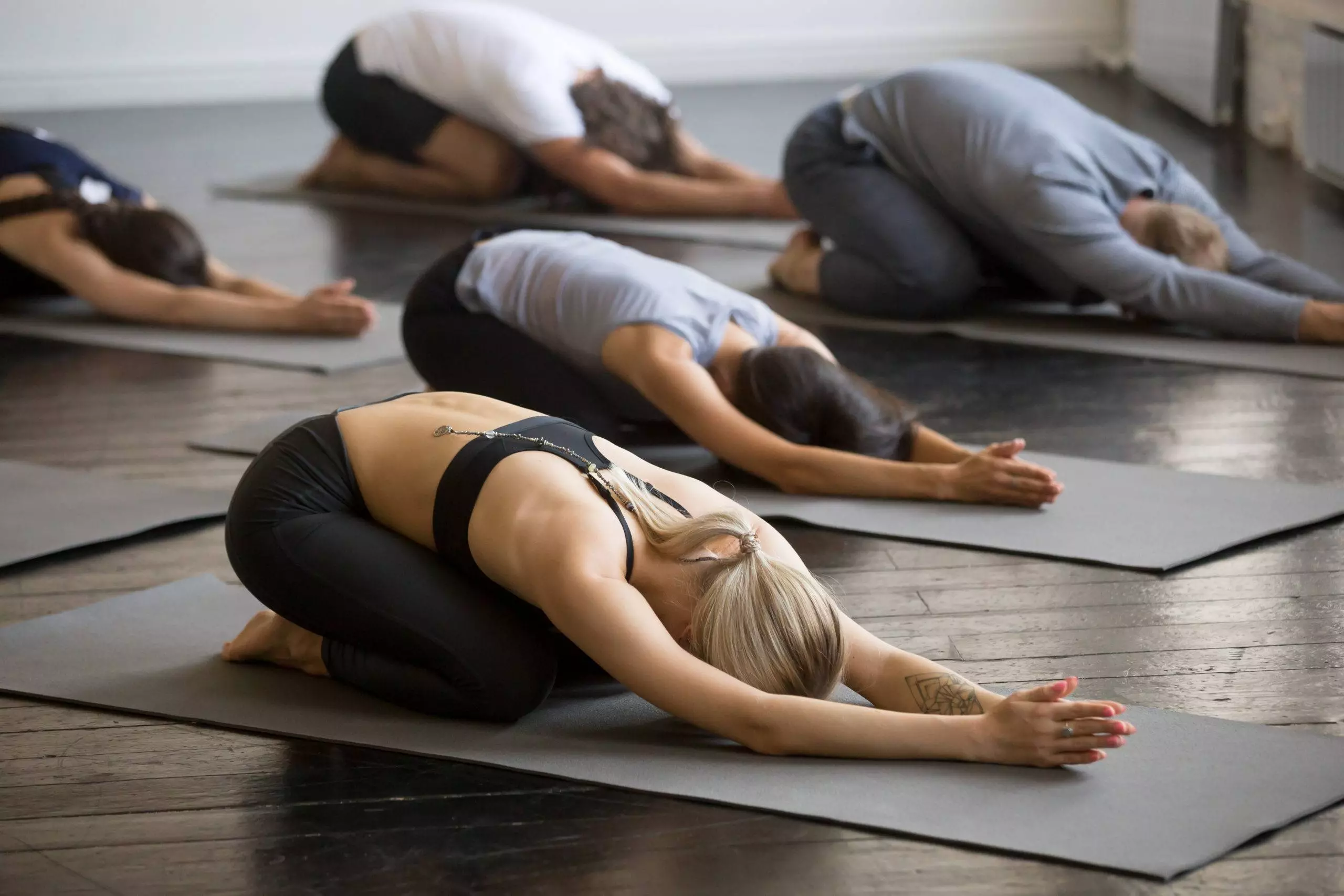Yoga is one of the oldest practices in the world, having been believed to originate around 2700 B.C. Today, yoga remains one of the most popular activities among people of all ages. But for many, yoga is much more than an activity, rather a lifestyle that shapes who they are and who they want to become.
What is Yoga?
Put simply, yoga is a practice where individuals practice movement, breathing skills, and mindfulness in an effort to keep themselves physically and mentally healthy. There are several types of yoga, including vinyasa yoga, bikram yoga, and restorative yoga.The overarching goal of all types of yoga is to unite the mind, body, and spirit in a harmonious manner. This is done by doing things to help align one’s chakras. Yoga works to help clear the chakras in the body, which in turn allows for better health overall.
People who practice yoga regularly may do so in an effort to stay in shape, expand upon their flexibility, or simply because it brings peace to their lives. Others, however, utilize yoga for other purposes, such as staying sober and enhancing their addiction recovery.
How Can Yoga Help People in Addiction Treatment?
Individuals who are in addiction treatment or in the recovery phase are likely participating in several new things in their lives. This is because going from actively abusing drugs or alcohol to no longer using those substances to cope causes people to take a severe personal inventory of themselves and their lives. As a result, much ends up changing about them, but typically for the better. It is during this time that some people find comfort and direction in yoga.
Yoga serves many purposes for people in addiction treatment. For starters, yoga provides those in treatment with a safe space to process their thoughts. Yoga is not a loud activity, rather one that is done in peace and quiet. Even the yoga teacher will speak in a peaceful tone to enhance the experience for the participant. This is so incredibly helpful for people in addiction treatment because a great deal of what they have been going through recently has likely caused much mental and physical chaos. Yoga sessions require participants to focus on being present and calm so they can benefit from the restorative effects of this practice.
Yoga is also very helpful in reducing symptoms related to common mental health disorders that often coincide with substance use disorders, such as depression and anxiety. For example, people with an anxiety disorder may struggle to stay focused on the present moment, as their minds may trail off to something that occurred in the past or something that might happen in the future. The core component of anxiety is excessive worrying, especially about the past or the future. Yoga and addiction treatment focuses on teaching individuals how to stay in the present moment, take one step in front of the other, and keep their minds focused on the reality around them. The same can be said for those with depression, as it is common for these individuals to ruminate on the past or struggle to find hope in the future.
Continuing to practice yoga while in recovery from addiction can help individuals maintain their sobriety by focusing on their own self-care.
Benefits of Yoga While in Recovery
Yoga has proven to be highly beneficial for people with all types of personal challenges or ailments. When it comes to being in recovery from drug or alcohol addiction, yoga can be beneficial in very specific ways. Consider the following:
- Improved heart health – The cardiovascular system often takes a beating when drugs and alcohol are abused. Issues such as stroke, high/low blood pressure, heart attacks, heart arrhythmias, etc. can all be a daily concern. But, when no longer abusing drugs or alcohol and participating in yoga, the cardiovascular system can not only start healing, but become stronger overall, helping to improve all types of physical health.
- Decreased chronic pain – One of the main reasons why people end up addicted to drugs and alcohol is because they are attempting to self-medicate their own physical, chronic pain. Yoga works to help release tension in muscles, improve flexibility, and provide healing to chronically sore areas.
- Enhanced sleep – It has been proven that yoga helps to enhance sleep significantly. This is partly because exercising allows for a release of toxins in the body. Additionally, yoga helps individuals properly stretch their muscles, leading to less overwhelming muscle pain that may keep them awake at night.
Yoga and addiction treatment go hand-in-hand in so many ways. When practiced regularly, yoga can help those in treatment and in recovery to continue on their paths towards long-term sober lives.
Yoga and Addiction Treatment in Redondo Beach, CA
There are several ways to help improve upon your addiction treatment so that you can remain in recovery for the long-term. At Clear Behavioral Health in Redondo Beach, CA, we offer programming that can help you put a stop to your active addiction and help you begin a life of recovery. To find out more about how we can help you today, contact us right now.
